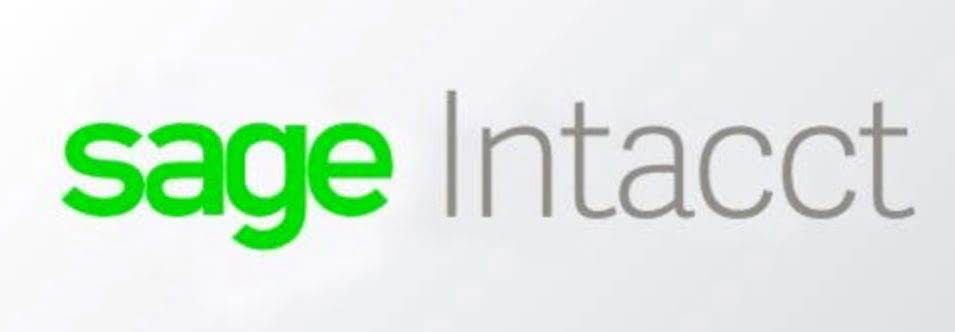
On the flip side, a CAO must also be able to manage a wide-ranging team and drive it to adapt to today’s changing environment. For one thing, the CAO has a unique, cross-organization view of the business’s performance and trajectory. The number of accounting and auditing jobs in the United States is only expected to increase by 4% between 2019 and 2029. Pete Rathburn is a copy editor and fact-checker with expertise in economics and personal finance and over twenty years of experience in the classroom. Ultimately though,the decision should come down to what makes the most sense for both short-term gains and long-term success in terms of procurement strategies.
And as we’ll explore, it’s relatively easy to see what sets these two positions apart. In the end, it’s up to each organization to decide how they want their finance departments to be set up based on their operational needs and the resources they have. Regardless of the decision taken, it is important that each role be given its due recognition and adequate authority so that it can fulfill its designated tasks effectively and efficiently. It is important to note the legal considerations that are present when deciding between an accounting officer and a financial officer. One significant issue to address is the authority of the financial officer, which can be a source of contention when their roles overlap. For example, an accounting officer may try to exercise some control over certain financial matters that fall under the jurisdiction of the financial officer.
Internal Control Systems
Beyond that, the technology is advancing rapidly, and today’s accounting leaders must keep pace with the new tools and systems that enable, for example, real-time data collection and the ability to analyze it much more quickly. A controller’s role is heavily (if not exclusively) rooted in dealing with actual transactions. Overseeing both revenue and expense reporting, a controller often does not deal in theory. Meanwhile, an FP&A director leverages historical data to devise future plans that may or may not materialize.

On the other hand, accounting officers tend to focus more narrowly on day-to-day accounting operations. This includes the maintenance of financial records and compliance chief accounting officer vs controller with relevant regulations. In some situations, they might be asked to do things like make reports for management or make budget proposals for review.
Controller Services
Most of the work that chief administrative officers (CAOs) do daily can be made easier with a solid knowledge base in information technology and experience working with business management software. We offer a broad range of tools and thought leadership to help the controllership function assess, advise, and transform their capabilities around organizations and people; policy, process, and controls; and information and systems. They are closely involved with broader decision-making and are key figures not just on accounting issues, but finance matters in general. At the same time, technology is rapidly transforming accounting and what it takes to lead in the function. Digitization and automation are producing data in real time — a transformation that finance and accounting leaders are still trying to embrace.

Financial officers, on the other hand, are usually in charge of managing company investments, keeping an eye on cash flow, and coming up with financial strategies. A chief accounting officer, sometimes called a corporate controller, is the top of the accounting leadership pyramid. A person with this executive-level position holds final responsibility for organizational bookkeeping, regulatory compliance and other essentials.
Controller vs CFO: 3 Key Differences
They may also have a Certified Management Accountant (CMA) certification along with their Certified in Strategy and Competitive Analysis (CSCA) certificate. While technology is an important element in the accounting function’s support of transforming the Office of the CFO to become an effective strategic partner to the rest of the business, talent is another key factor. Chief Accounting Officer at BlackLine, providing finance and accounting automation solutions.
- Not only that, but the CFO may be working overtime to get all the information they need to make accurate decisions.
- The position of chief executive officer (CAO) is typically one of the highest in an organization and also one of the most demanding.
- The controller of an organization may partake in the recruiting, selection and training of staff as the controller often has a variety of finance or accounting managers reporting directly to them.
- For this job to go well, you need to be able to talk and write about ideas professionally.
- Organizations need to have good internal control systems to ensure their books are correct and protect their assets from being stolen or lost.
In some companies with both roles, the primary responsibility of the CAO is the compilation of accounts and production of figures and with less responsibility for management matters. In other companies, the CAO is a higher level position to whom the Controller reports. A common yet underappreciated role of the business controller is interpreting financial data. Controllers typically have a great deal of accounting and business forecasting experience, particularly as it pertains to tax management. A controller may also be called on to lend his or her expertise on investments, creditor relationships, corporate governance, or other areas.





